The views expressed in our content reflect individual perspectives and do not represent the authoritative views of the Baha'i Faith.
In this age, wracked like any other with widespread injustice, a global health scare, environmental endangerment, and strains of inequality so deep-rooted they are shackles we unknowingly — or perhaps, willingly — wear, love can feel like a discarded idea.
Yet, for some like myself, it is a thought we have come to meditate on, obsess over, and pray for. Love has become the most vital thing in this most confusing and startling time that has seen the crumbling of economic empires, the outing of old ideology, and the reckoning of what type of life we wish to lead — and who we want to align and couple ourselves with while we lead it.
Baha’u’llah, the prophet and founder of the Baha’i Faith, wrote that “Love is a light that never dwelleth in a heart possessed by fear.”
But finding love through dating, in the most contemporary sense, has never felt like such a laughable impossibility. Many of us are confined to our homes and only see a small circle of friends and family — if we’re socializing at all. So, the idea of meeting a stranger for an evening in a restaurant, coffee shop, or movie theater (remember those?) seems foreign, or at the very least, unsafe. Yet it’s an activity that I, as a relatively young, single woman in my mid-thirties, engaged in constantly before those fateful weeks leading up to early March.
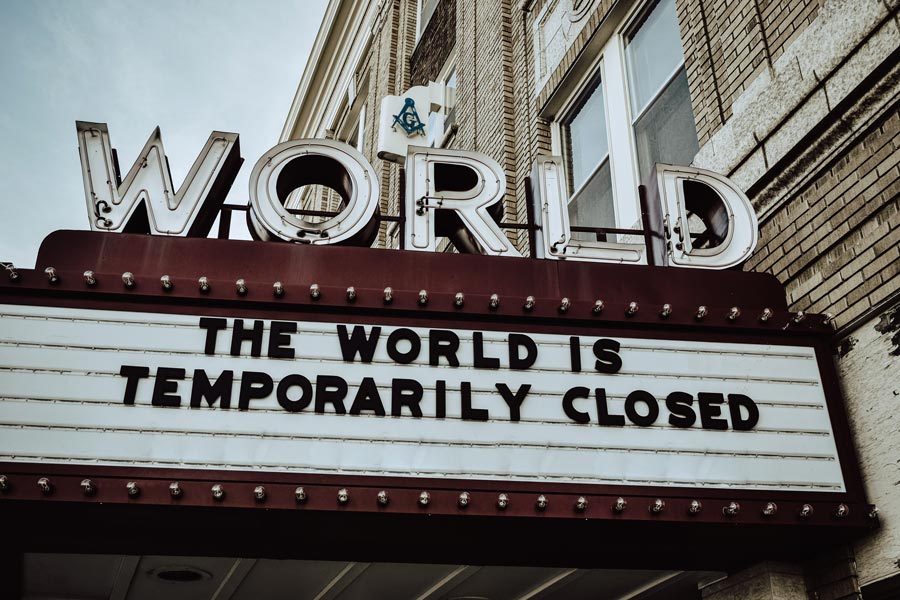
What was I looking for, exactly? This question has crossed my mind on more than one occasion during these months of self-reflection brought on by instant unemployment. Despite my proclamations to friends about “wanting to see where it goes,” “having fun,” and “not getting caught up” — coupled with my insistence that I was merely “flexing a muscle,” as if my ability to hold a conversation and appear somewhat attractive and charming was a brutal exercise! — what I was, and have always been searching for, is love.
Being single in your thirties is a riot, compounded by the fact that you have, somewhat sadly, beaten the statistic of being divorced. This is a fact my mother finds comfort in when she wonders where exactly the “right man” for me is hiding, and when another post shows up in my feed tagged #ISaidYes! I have spent countless evenings applauding my friends’ engagements, pregnancies, and weddings, but nonetheless I have been sublimely happy for them all. That isn’t to say I haven’t wondered when it was going to be “my time,” and “why them, not me?” while surrounded by celebratory flowers and hot hors d’oeuvres. I am human, after all, bombarded with the same misguided notions of romance and everlasting love like the rest of the population.
But what the pandemic has shown me — and perhaps countless others in lackluster marriages or less-than-perfect partnerships — is that when the going gets tough, you better be tough on the one you’re with. Tough, as in a fierceness to your commitment, a steadfastness in your trust, and abidance to your faith and ideals, assuming you both share one or the other. This may sound like an overblown, dramatic statement, but when you consider how much drama has been wrought over the simple application of a piece of cloth to one’s face in public, these expectations don’t seem unreasonable, especially for someone you share your home and life with.
Abdu’l-Baha, the son of Baha’u’llah, wrote that “the life of a married couple should resemble the life of the angels in heaven, a life full of joy and spiritual delight, a life of unity and concord, a friendship both mental and physical.”
Striving to attain the life of “angels in heaven” with a fellow, flawed human feels like a tall order, especially given the parameters we often use to find a partner: the dreaded swipe right, swipe left of online dating. No matter which of the many outlets you choose to hedge your romantic bets on, they all boil down to a singular formula — one that has given rise to countless memes, exhaustive opinion pieces, and comedic horror stories shared in a collective space on the internet or (and those were the Halcyon Days!) in person. If Facebook gave us the false hope that a platform instituted to rate the hotness of female co-eds at Harvard could inspire widespread solidarity on a global scale, online dating promises the discovery of one’s soul mate — or perfect partner — with just the click of a mouse or double tap of an app.
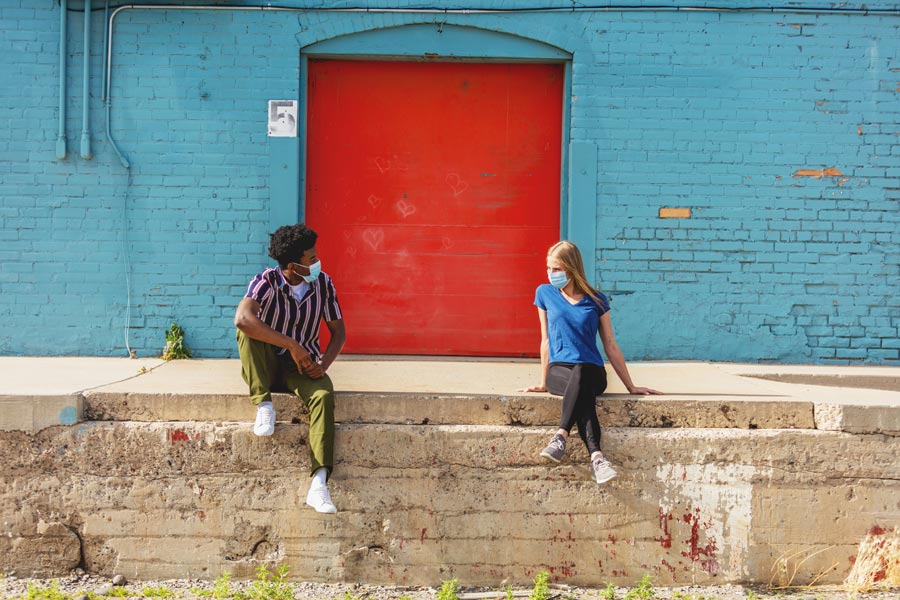
The idea that you can gauge the character, trustworthiness, or sheer likability of someone based on their physical features alone — or a few casually answered questions — is ludicrous. But those of us who are single bravely forged, begrudgingly perhaps, to take another swipe on another Friday night hoping that “the one” would have the decency to show up, give it a go, and not act like an insensitive monster. Abdu’l-Baha’s “Angels in Heaven” starts to feel like an impossibility when many of us are just searching for basic decency and a general acknowledgment of our emotional, fragile existence!
Yet where to put all this love I know many of us so passionately possess and which the world so desperately needs? How to make sense of the pandemic’s widespread chill that has rippled across our hearts? If the pandemic has stripped away the veils of materialism and shone a blinding spotlight on what truly matters — one’s health, close relationships, safety, and proximity to food, shelter, water, and medical care — then what chance should those of us who are holding onto the hope of marriage and partnership keep giving a methodology that now feels outdated, unsafe, and improbable?
This is not a condemnation or outright refusal of online dating when “normalcy” — whatever it will come to mean — returns. I will not begrudge the preferences of others, but I also understand we are living in a time of great awakening, one where our relationships are being tested, our values examined, and our ideals sharpened.
Abdu’l-Baha wrote: “Love is the spirit of life unto the adorned body of mankind, the establisher of true civilization in this mortal world, and the shedder of imperishable glory.” With the time we have left on this earthly plain, what better cause to dedicate ourselves to than love? What more powerful force to align ourselves with in light of discord and distress?
With all these months spent covering our faces in adherence to public health, I wonder if it is too soon to hope that during our encounters we look first to each other’s hearts and minds before our fleeting physical features for confirmation of our joint cause.
“Bring thyself to account each day ere thou are summoned to a reckoning,” Bahaʼu’llah advised in the Arabic Hidden Words. “For death, unheralded, shall come upon thee and thou shalt be called to give account for thy deeds.”
The question has always been, and now even more so: What world do we want to live in, and who will help fashion it? Surely it cannot lay in mere faces revealed in a few swipes over a digital device. But instead of putting down the phone completely, I believe that when the time comes for us to venture out into the world again, we should do so to help our communities, lift up our surroundings, and contribute to the greater good, no matter how small the act of love or kindness is.
If the current pandemic has reminded us of our mortal station, regardless of our differences, then my own small prayer for the future is that love becomes our immortal bondsman in all its glorious forms of thanksgiving.


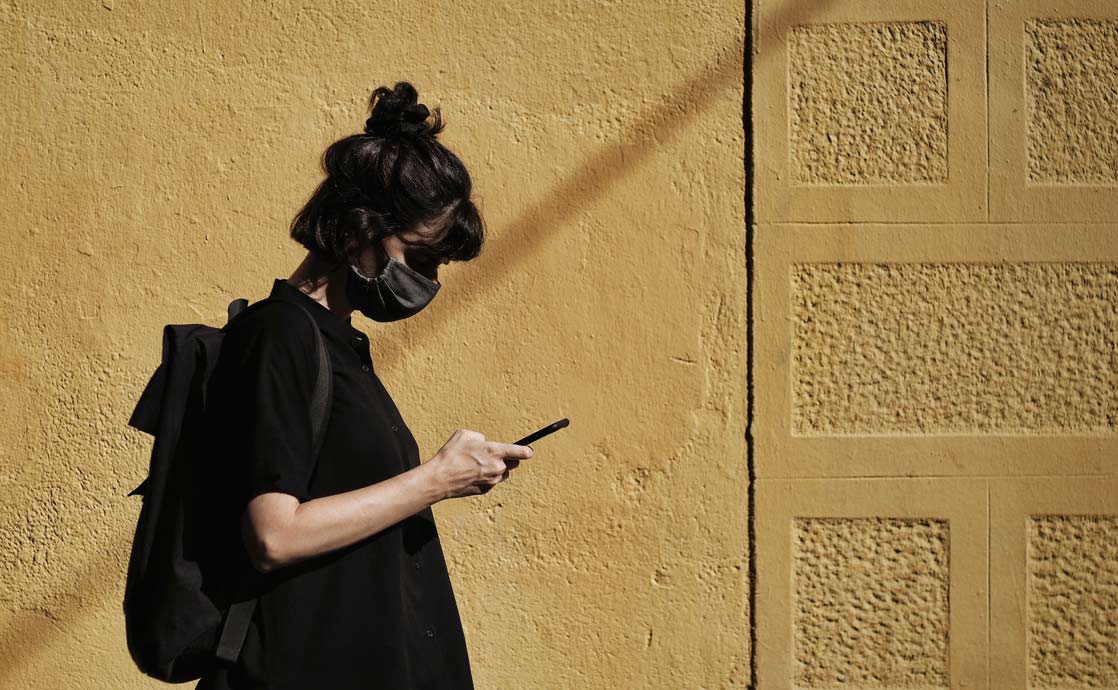

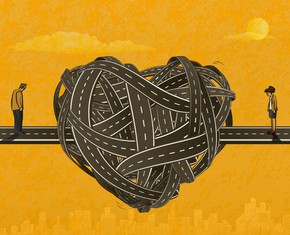
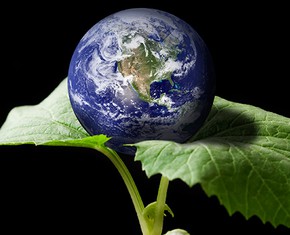
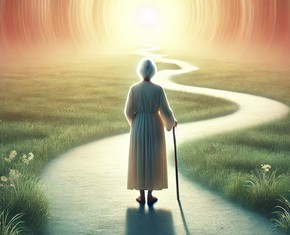









Comments
Sign in or create an account
Continue with Googleor